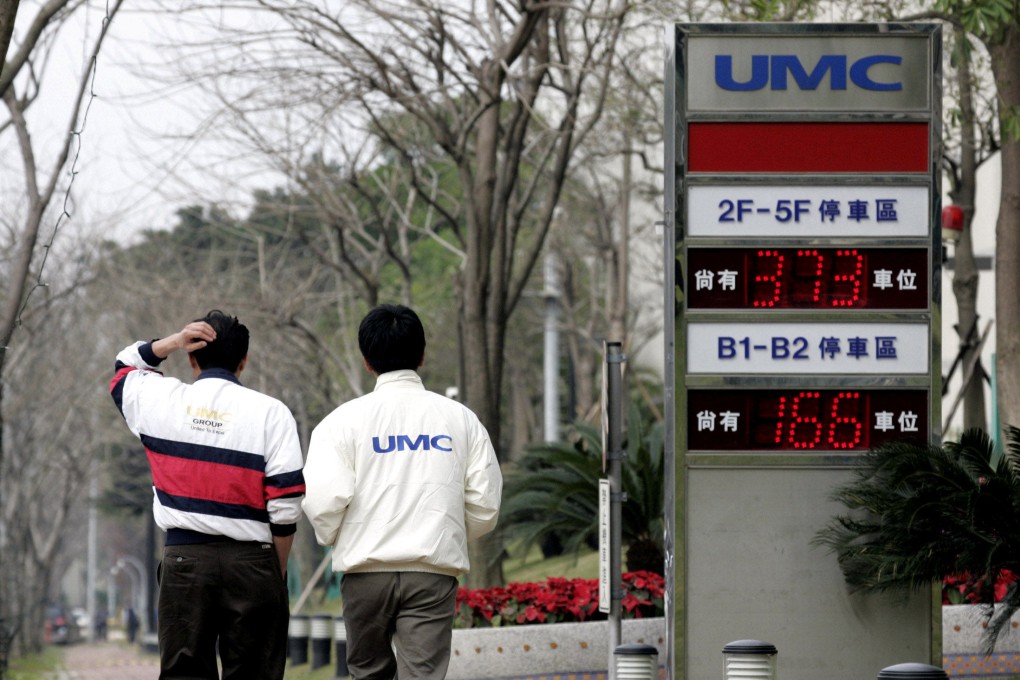Taiwanese tech firms such as Apple supplier Pegatron distance themselves from political turmoil after Pelosi’s visit
- Pegatron, an iPhone assembler, has denied reports that mainland China operations were disrupted over shipments from Taiwan
- United Microelectronics Corp also ran damage control following statements from its founder, reflecting a tense cross-strait business environment

Taiwanese electronics companies, including chip makers and assembly plants, are scrambling to insulate themselves from geopolitical tensions following US House Speaker Nancy Pelosi’s visit to Taiwan.
Pegatron Corporation, one of Apple’s largest suppliers for certain iPhone models, issued a statement to the Taiwan Stock Exchange on Friday denying media reports that production and shipments in the company’s mainland plant had been forced to suspend operations following the controversial visit. Nikkei reported on Friday that Apple asked suppliers to ensure shipments from the independently ruled island to mainland China were labelled as either made in “Taiwan, China” or “Chinese Taipei”, rather than simply “Taiwan” or its official name “Republic of China”.
“Our operations in China are currently running as usual, and there’s no suspension on productions and shipments,” said the Taipei-based iPhone assembler, which has key factories in Shanghai and nearby Kunshan, a city in eastern Jiangsu province.
“Mr Tsao retired from UMC more than 10 years ago. He has nothing to do with UMC,” the company said in a statement to Chinese media on Friday.
Ma Xiaoguang, spokesman of the Taiwan Affairs Office under China’s State Council, slammed Tsao’s moves at a press conference on Friday, saying the entrepreneur “does not represent the business community in Taiwan, nor Taiwanese people”.
Tsao, who founded UMC in 1980, resigned as company chairman and left the board in 2005, after scrutiny from the Taiwan government over alleged illegal investments in the Chinese semiconductor foundry Hejian Technology Corp. Tsao gave up his Republic of China citizenship to migrate to Singapore in 2011, later becoming a critic of Beijing.